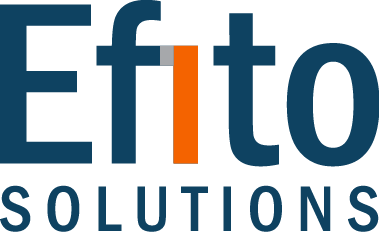

In the digital age, social media platforms like Facebook have become central to shaping public discourse. However, a new groundbreaking study has shed light on the role of Facebook's Pages and Groups in reinforcing ideological echo chambers within its user base. This blog post delves into the findings of this study, exploring how these features contribute to the polarization and dissemination of information within the platform's vast community.
Understanding Ideological Echo Chambers: An ideological echo chamber refers to an online environment where individuals are primarily exposed to information and opinions that reinforce their pre-existing beliefs, leading to a self-reinforcing loop of ideas and perspectives. Facebook, with its massive user base and personalized content algorithms, can inadvertently foster such echo chambers, affecting how people perceive and interact with information.
The Role of Facebook Pages: Facebook Pages serve as hubs for various organizations, public figures, and brands to engage with their followers and share content. However, the study reveals that Pages often act as echo chambers by attracting like-minded audiences. When users follow Pages aligned with their ideologies, their feeds are inundated with content that further solidifies their existing beliefs, potentially narrowing their exposure to diverse viewpoints.
The Influence of Facebook Groups: Facebook Groups, on the other hand, are communities formed around shared interests or beliefs. While these groups can be a source of support and camaraderie for members, they can also exacerbate echo chambers. Individuals who join groups with similar ideologies may find themselves surrounded by content that reinforces their beliefs, leading to a reinforcement of biases and limited exposure to alternative perspectives.
The Polarization Effect: The study highlights that the combination of Pages and Groups can lead to a dangerous polarization effect within Facebook's user base. As individuals become increasingly isolated within their ideological bubbles, the platform's algorithms further amplify this phenomenon by promoting content that aligns with their views. Consequently, users are presented with a distorted version of reality, hindering meaningful dialogue and promoting misinformation.
Addressing the Issue: The presence of ideological echo chambers on Facebook poses significant challenges to fostering a healthy, open, and inclusive online community. To address this issue, the platform needs to take proactive measures:
Conclusion: The recent study shedding light on Facebook's Pages and Groups and their role in shaping ideological echo chambers is a wake-up call for social media platforms. By acknowledging this issue and implementing appropriate measures, Facebook can work towards creating a more balanced and informed community, fostering constructive discussions, and mitigating the polarization effect that can harm society's fabric. As users, we must also play a role by seeking out diverse perspectives and engaging in critical thinking to combat the influence of echo chambers in our digital lives.